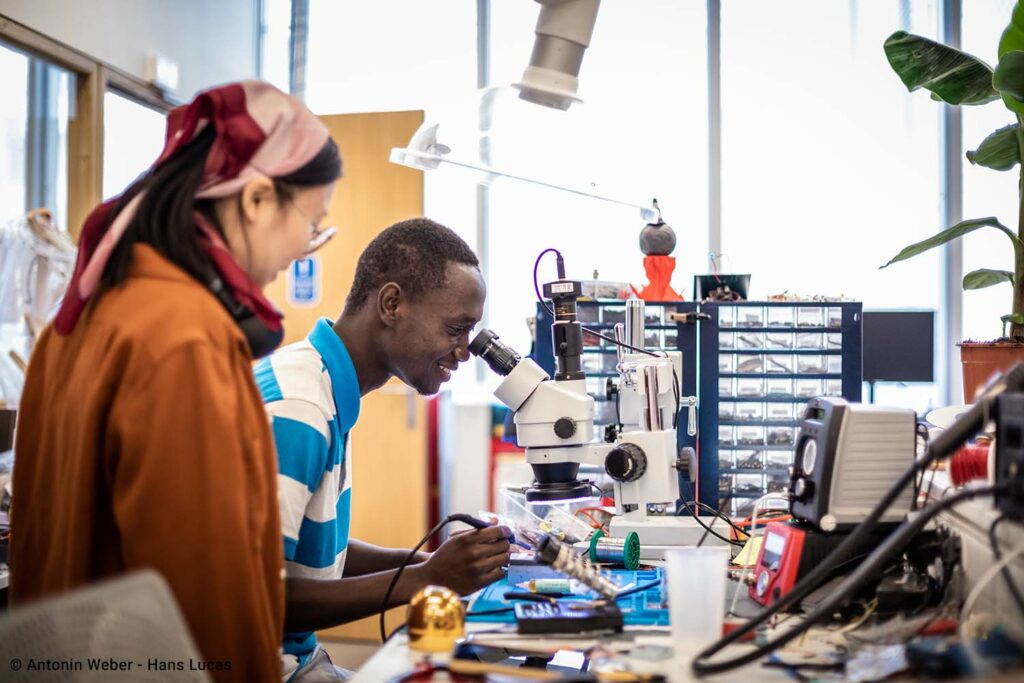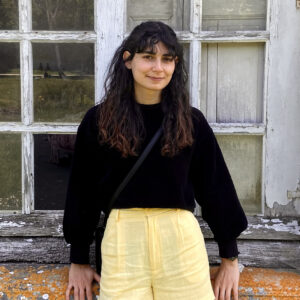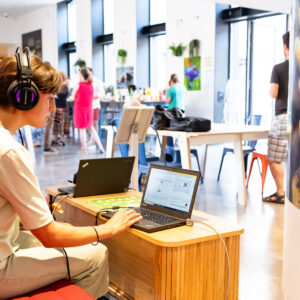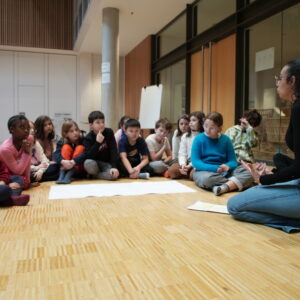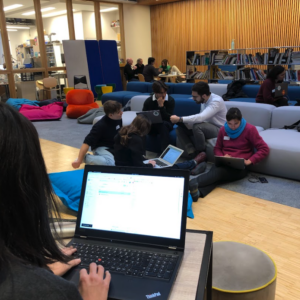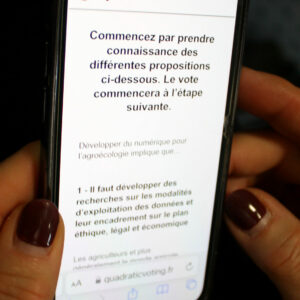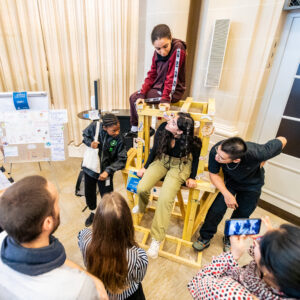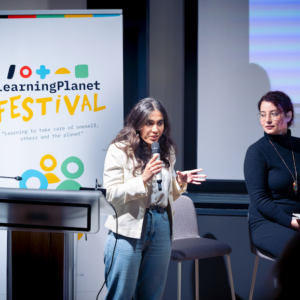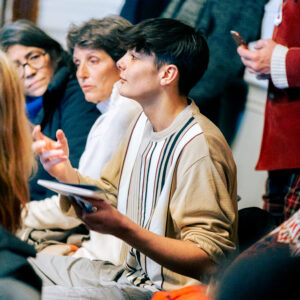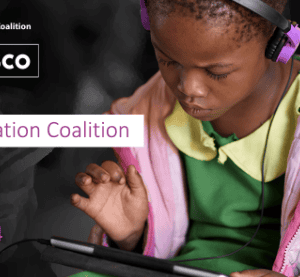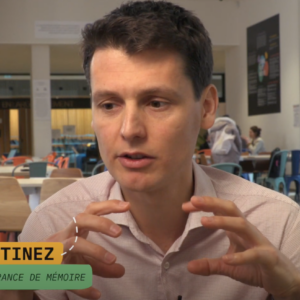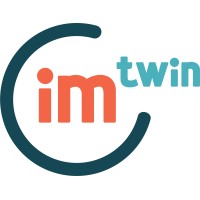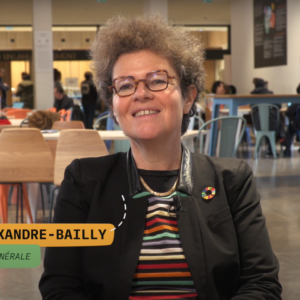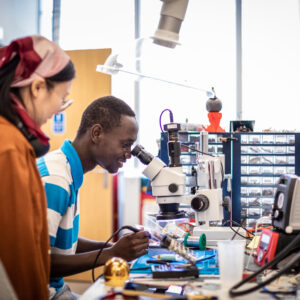As the Crowd4SDG EU-funded project launches its 3rd call for projects on climate justice, citizen engagement in science for a sustainable future continues to grow. For the past few years, the Learning Planet Institute has been mobilizing collective intelligence through European citizen science projects and affirming its commitment to open and participative science.
In recent years, citizen science communities and projects have multiplied all around the world. People are monitoring pollution, collecting data by taking millions of pictures of flora and fauna, or using telescopes to help astronomers detect objects in space… Citizen science empowers everyone to participate in the research process and simultaneously learn more about science. Many projects require little to no prior experience, and minimal equipment, so participants come from all walks of life. By relying on simple protocols, citizen science approaches are increasingly effective and relevant sources of data for increasing knowledge in topics such as biodiversity, astronomy, or medical health.
At the Learning Planet Institute we strongly believe that citizens have a major role to play in addressing the challenges to a sustainable future. In order to act upon this conviction we participated and headed numerous projects connected to citizen science. After a successful European project on citizen science called Citizen Cyberlab (2012-2015), lead by our team at Université Paris Descartes with a total of 7 partners and locally supported by CRI (now Learning Planet Institute), three large European projects were and are conducted at the Institute:
Doing It Together Science (DITOs) (2016-2019) whose aim was to empower and engage citizens and policy makers in open scientific research and innovation.
Since 2020, the Institute is also one of the six partners in the interdisciplinary Crowd4SDG consortium, which promotes the development of citizen science projects with a focus on climate action. This ongoing project has received funding from the European Union’s Horizon 2020 research and innovation programme.
Through the European Citizen Science (ECS) project, which has also received funding from the European Commission this year, the Learning Planet Institute will carry on its engagement to mobilize citizens in open science. The project focuses on supporting, enlarging, and strengthening the European Citizen Science community.
Doing it Together Science project, promoting citizen science and DIY science across Europe
From 2016 until May 2019, the Doing It Together Science (DITOs) project carried out many innovative events across Europe to promote the awareness of citizen science and DIY science. A whole range of activities were organized, including interactive and traveling exhibitions, debates, round tables, seminars, film night and DIY workshops. All the activities were focused on two themes: Biodesign (the use of living things such as bacteria or plants in designing products or art) and Environmental sustainability.
In Doing It Together Science, universities and research institutions worked together with science galleries, museums and art institutions to engage as many people as possible. Neither experience nor technical skills was required to join. Participants only needed one thing : enthusiasm to explore and investigate. DITOs allowed people from all walks of life to contribute in scientific research, whether by engaging in meetings, doing DIY experiments or using a crowdsourcing app. The aim was to move from a traditional model in which scientific research is mainly driven by institutions to one that is based on active public participation.
As part of this European project, CRI (Center for Research and Interdisciplinarity), now Learning Planet Institute, organized around a hundred events : debates, seminars, biodesign workshops, MOOC on synthetic biology, and masterclasses on bioart. In highschool, the workshop introduced students to the world of Citizen Science, digital fabrication and genetics. The project included a Science Bus, which toured around Europe for 3 months, stopping in 17 locations, and fostering DIY science activities such as making your own yogurt, sunscreen or pH meter, or testing air quality.
With DITOs, the European partners showed that citizen science is an accessible and fun way to explore the world around you. The aim was to empower and engage citizens and policy makers in open scientific research and innovation. Eleven partners were involved : a pan-European network (European Citizen Science Association), enterprises (Tekiu and eutema), universities (UCL, Universite Paris Descartes; University of Geneva), science galleries, museums and arts organisations (Kapelica Gallery / Kersnikova; Medialab-Prado; Royal Belgian Institute of Natural Sciences) and NGOs (Meritum Association; Waag Society). Within 3 years, the project carried out over 860 events and reached over 500,000 across Europe.
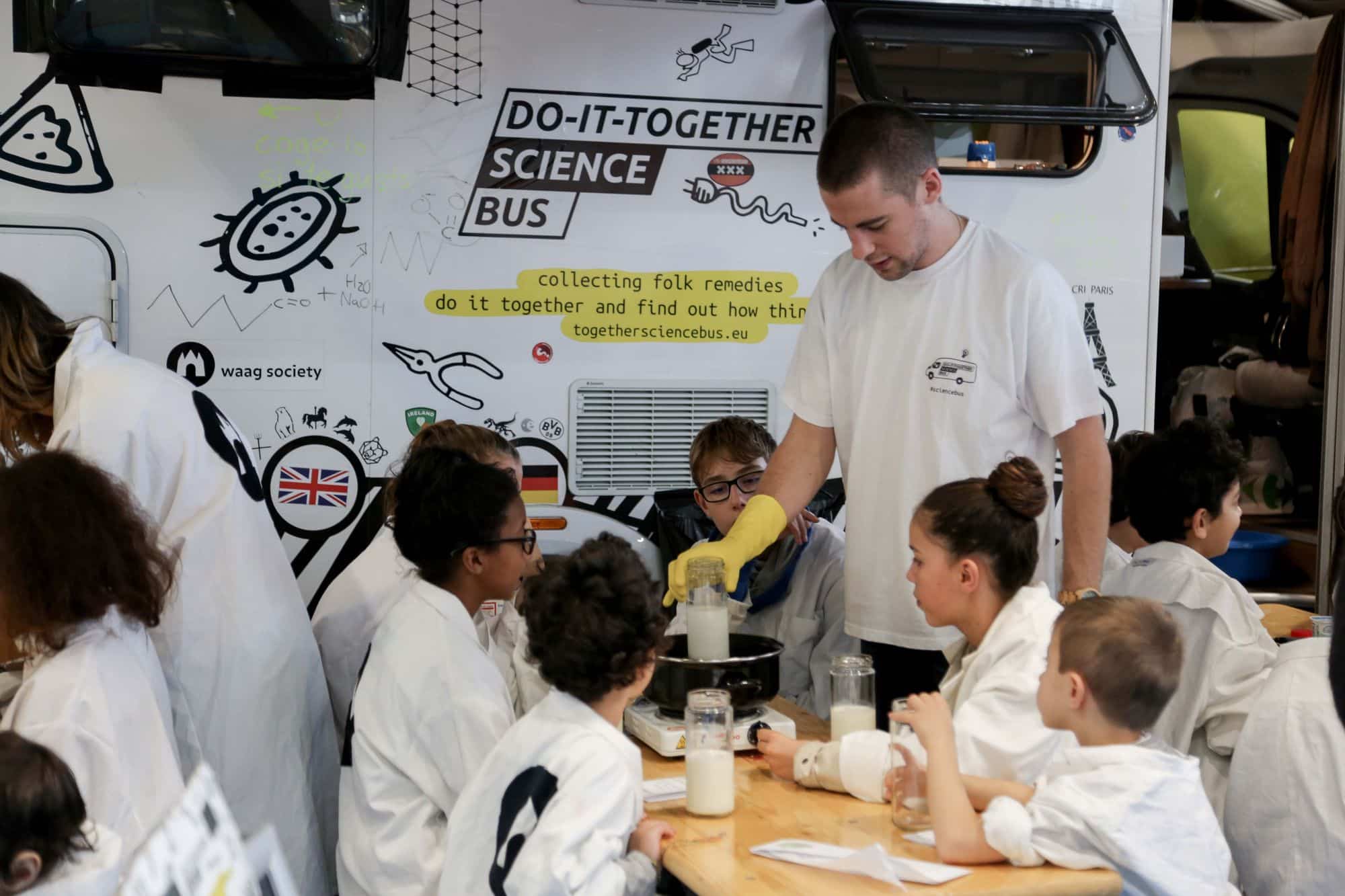
Crowd4SDG project, using citizen science to tackle SDGs
Launched in May 2020, the interdisciplinary Crowd4SDG consortium (University of Geneva, CERN, CSIC, Politecnico Milano, UNITAR, Université Paris Cité and their associated research labs among them the Learning Planet Institute) promotes the development of citizen science projects aimed at tackling the Sustainable Development Goals (SDGs). Adopted by all United Nations Member States in 2015, the Sustainable Development Goals are 17 objectives for improving health and education, reducing inequality, and tackling climate change. The Crowd4SDG project focuses on goal 13: climate action. The objective is to explore new ways of applying citizen science to the issue of monitoring the impacts of extreme climate events and strengthening the resilience of communities to climate related disasters.
The project proposes three one-year cycles following the GEAR methodology : Gather, Evaluate, Accelerate, and Refine. In addition to climate change (SDG 13), each GEAR cycle explores other SDGs: during the first GEAR Cycle, started in 2020, participants worked on projects that tackled water-related issues (SDG 11) such as droughts, access to clean water and flooding. The second GEAR Cycle, launched during fall 2021, focused on climate resilience and gender (SDG 5). Projects had to address specific challenges, for example measuring the differentiated impacts of disasters on women and men, or assessing women’s vulnerability to climate change effects on natural resources. For the third and last GEAR Cycle, the ongoing call for projects challenges participants to address climate justice issues (SDG 16).
The GEAR methodology
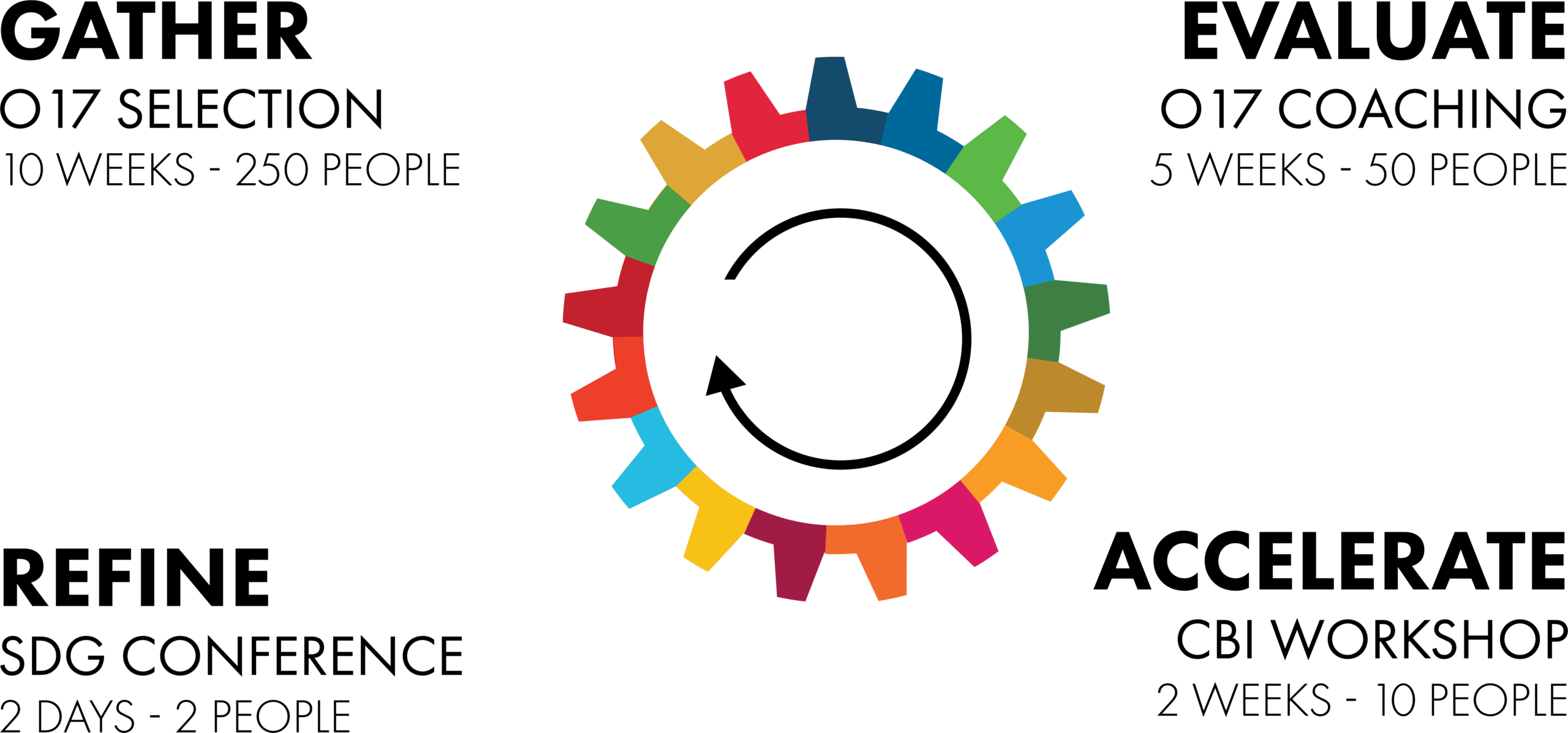
In the first phase (GATHER), a call for projects through the Open 17 Challenge is launched. The challenge is to develop a project that tackles SDGs using crowdsourcing : information gathered by large numbers of citizens. A set of participants is then selected by a committee based on objective criteria: novelty, relevance and feasibility.
Teams – 14 in 2021 – are then selected to follow the second phase (EVALUATE) : they take part in the 5-week online coaching programme, during which the teams are mentored by experts from the UN, and top European Research Labs, to enhance their pitching skills and to learn how to use the relevant crowdsourcing tools for data collection, data classification, decision-making and social media analysis.
The most promising projects were then accelerated during a Challenge-Based Innovation Workshop (third phase ACCELERATE). During this workshop, teams learn how to build a functional prototype for their project and connect with communities and social innovation experts who can help to launch and sustain the project.
During the final phase (REFINE), the top two teams are invited to present their projects to potential UN and NGO partner organizations as well as impact investors during the Geneva Trialogue event in Geneva, Switzerland (March 2022) in order to integrate the broader ecosystem and gain legitimacy. For the second GEAR cycle, the Université Paris Cité – Learning Planet Institute accompanied the participants for the REFINE phase. Once the two teams have been selected, the institute helped them gain visibility, while also helping with technical implementation. In January 2022, the student teams that were selected in the Crowd4SDG program were invited to the #LearningPlanet Festival and share their work with more than 20 000 participants of this global event focusing on exploring ways in which youths can learn to become innovators for the SDGs. A specific workshop: “Mobilizing Youths for Climate Action: Citizen Science and Innovation in Monitoring and Achieving the SDGs” presented the Crowd4SDG project progress.
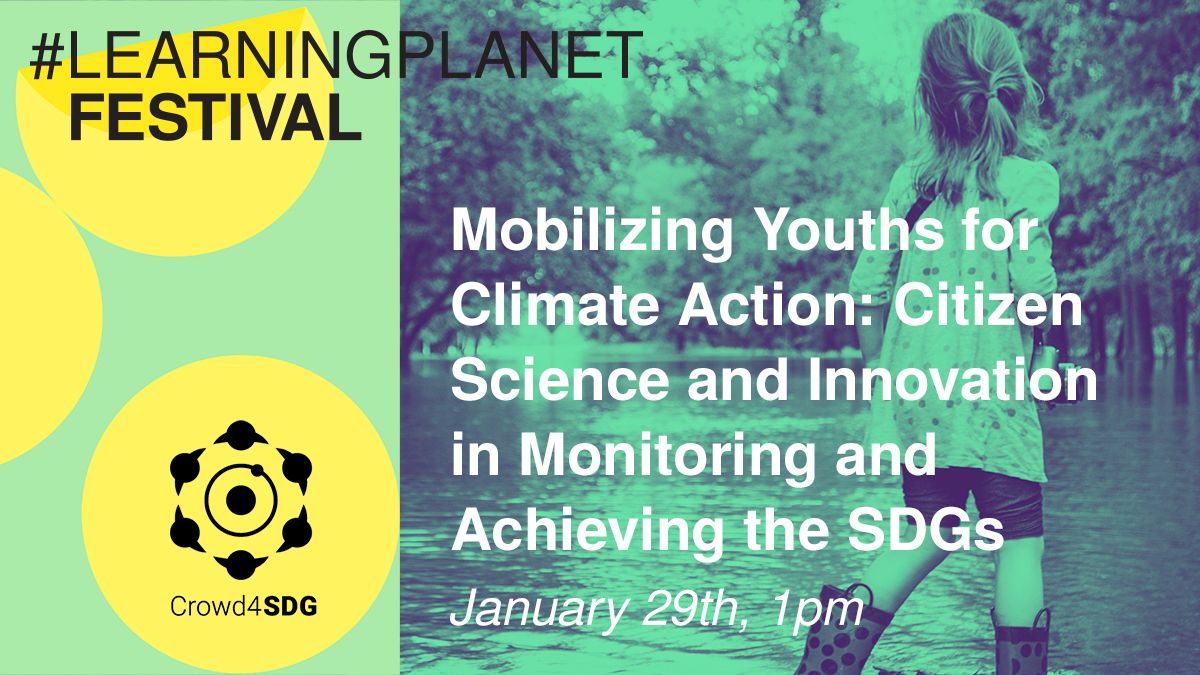
Some examples of promising projects that took part in the GEAR cycle include: the DonateWater project, which proposed Solar Powered Pumps to provide potable water all year round for target rural communities in Nigeria, and Womer, which focused on making more visible the knowledge of indigenous women undertaking climate actions that help protect the planet. Womer is led by Longmun Dawam and Merlyn Hurtado, who is an AIRE Master student at Université Paris Cité – Learning Planet Institute. Combining a Mobile App and a Web app, Womer is a crowd-sourcing solution for indigenous women to collect data on 32 indicators related with access to natural resources, climate impacts, participation in decision making, and climate actions.
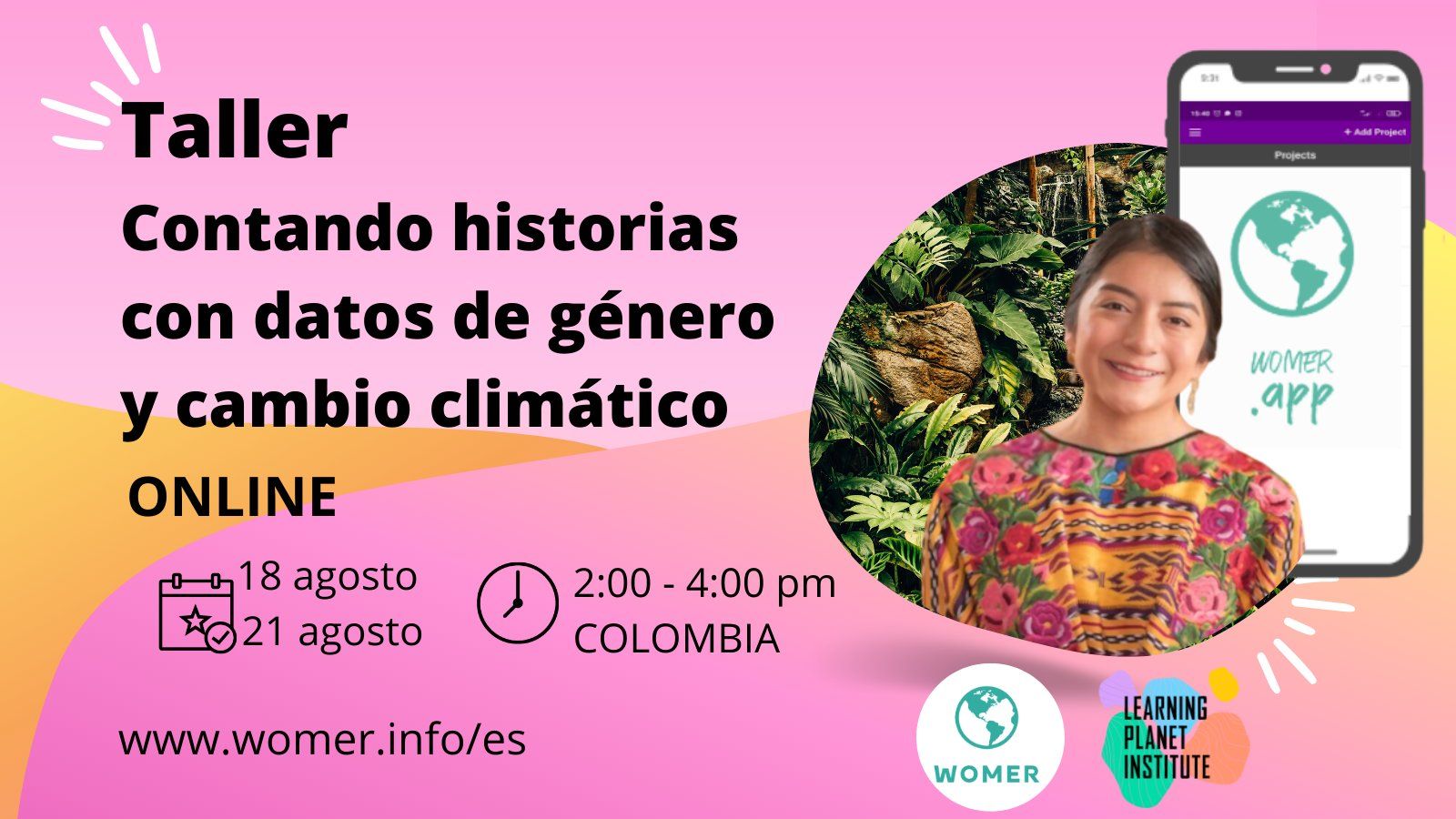
Quantifying team diversity, dynamics, organizational structure and collaborative activity
During the Crowd4SDG program, researchers of the Learning Planet Institute also conduct research on Citizen Science. This project, led by Marc Santolini, team leader, and Camille Masselot, research coordinator, aims to develop metrics and statistical models in order to assess the many-faceted outcomes of the citizen science projects developed within the Crowd4SDG consortium. Using surveys and digital traces from online tools, the researchers quantified team diversity (skills and backgrounds), dynamics (regularity of activity), organizational structure (division of labor in teams), as well as collaborative activity (advice seeking across teams), looking for associations with various performance measures.
In particular, the Learning Planet Institute Research Collaboratory team developed the self-report smartphone application Coso (Collaborative Sonar) to collect insights into collaboration dynamics by the active monitoring and contextualization of team interactions using self-reports and surveys. For example, the analysis of the raised questions such as: “How do team composition, collaboration patterns and communication with the organizers foster successful projects ?”. Researchers then analyzed the results of the committee who graded the relevance and originality of citizen science projects, as well as pitch quality. Preliminary results revealed profiles shared by the most successful teams : participants have a lot of interactions with their mentors, they look for information across diverse sources across other teams and have managed to work regularly and on a lot of tasks. Moreover, teams who have diverse backgrounds and skills propose the most original projects. According to Marc Santolini, this work will allow researchers to understand what makes citizen science projects more promising in their early stage, allowing them to better monitor and advise the Crowd4SDG teams and see if they are on the right track. This is one of the many projects of the Interaction Data Lab, led by Marc Santolini, which uses network science approaches to understand how communities organize, scale, solve and learn.
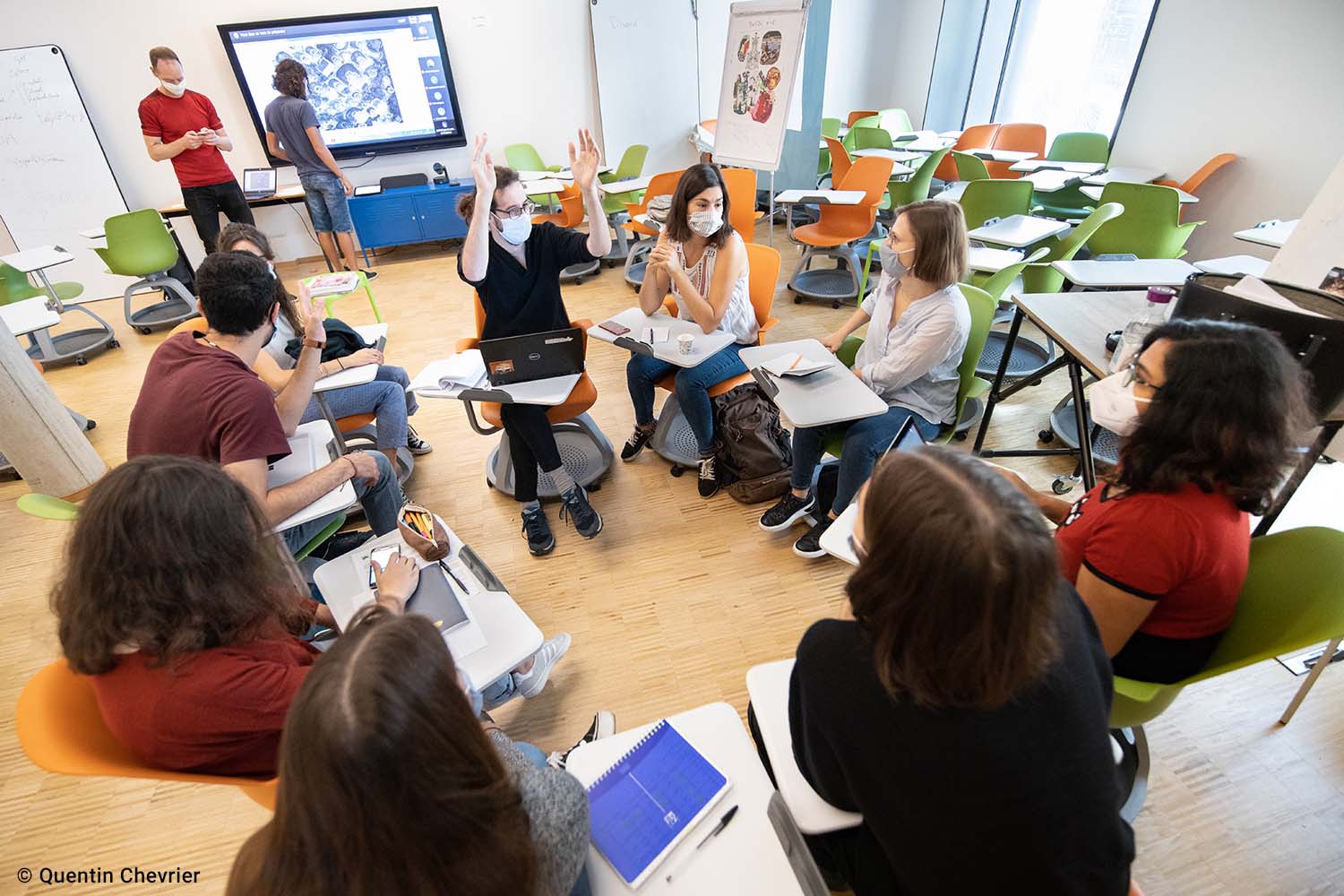
European Citizen Science project, strengthening the citizen science movement in Europe
In Europe and worldwide, citizen science is a growing field of research and citizen science programs have gained recognition across policy and scientists communities. Launched in 2020, the eu-citizen.science platform – an online community for sharing projects, resources, and tools – was a starting point in strengthening current citizen science initiatives. It has begun to build a solid community of stakeholders that are active in citizen science (including universities, non-governmental organisations, local authorities and museums). The European Citizen Science project, which has received funding from the European Commission earlier this year, will build on this community to position Europe as a leader in citizen science. The project aims to empower the European citizen science community while strengthening the links and collaboration between existing citizen science initiatives. Other objectives are to increase the participation of citizens from all walks of life, raise awareness, support and mainstream citizen science among new actors, new territories and scientific fields. A key point is empowerment : “an approach that enables communities – regardless of their location, background, culture or literacy levels – to take the lead in research that’s directly relevant to them.”, as described by Pr Muki Haklay (University College of London) who led the project design and submission for the Learning Planet Institute.
The Learning Planet Institute main involvement will be creating the European citizen science academy where at least 19 new training courses will be developed on various aspects of citizen science. The Institute will develop high quality resources, activities and training events aimed at improving skills and knowledge for citizen science practitioners, civil society, public authorities, businesses, (in)formal and education establishments, and research funding and performing organizations.
European Citizen Science will engage with citizens through co-design activities and community engagement events to create the citizen science community of the future, putting special emphasis on fostering inclusiveness, gender equality and openness. Citizen science is also a powerful approach to support the SDGs and to act together for a liveable future. Through participatory activities and mutual learning, the program will bring together policy makers with the citizen science and SDGs community to serve as an incubator for new ideas for the world’s urgent problems. The European Citizen Science consortium, composed of 12 partners and 9 Affiliated entities covering 15 countries, strongly believe that open, citizen science is the future of science across Europe. The project aims to extend its impact beyond Europe by exchanging with citizen science networks worldwide and working closely with the Global Citizen Science Partnership, a network-of-networks that seeks to promote and advance citizen science for a sustainable world.
An article co-written by Sophie Vo and the Learning Planet Institute teams
